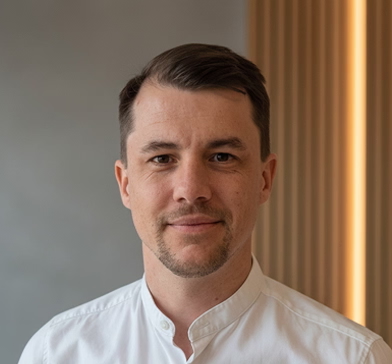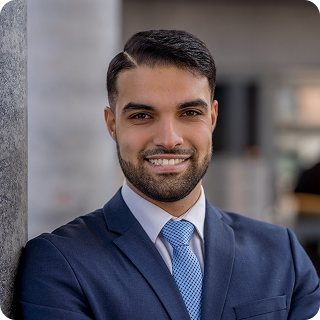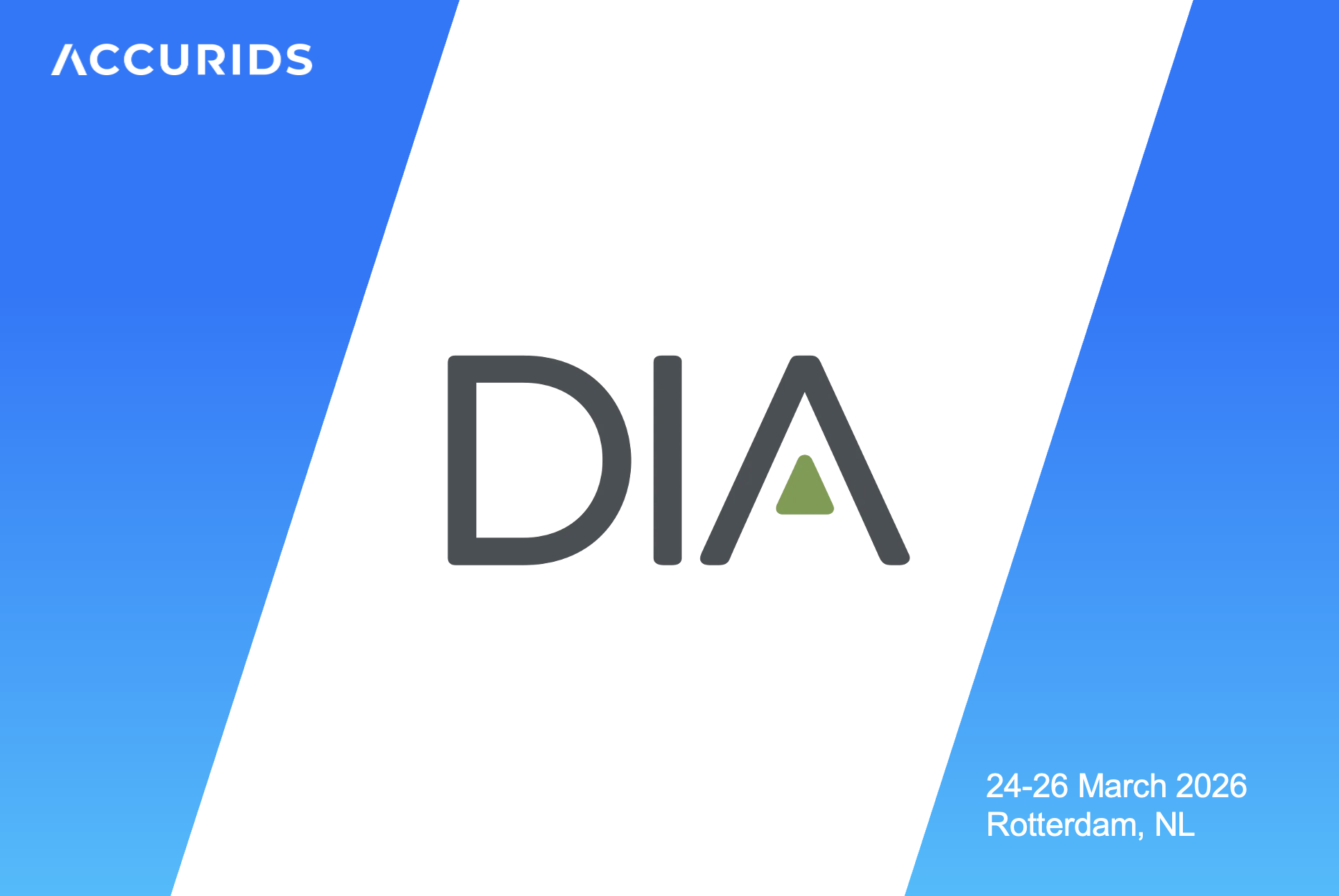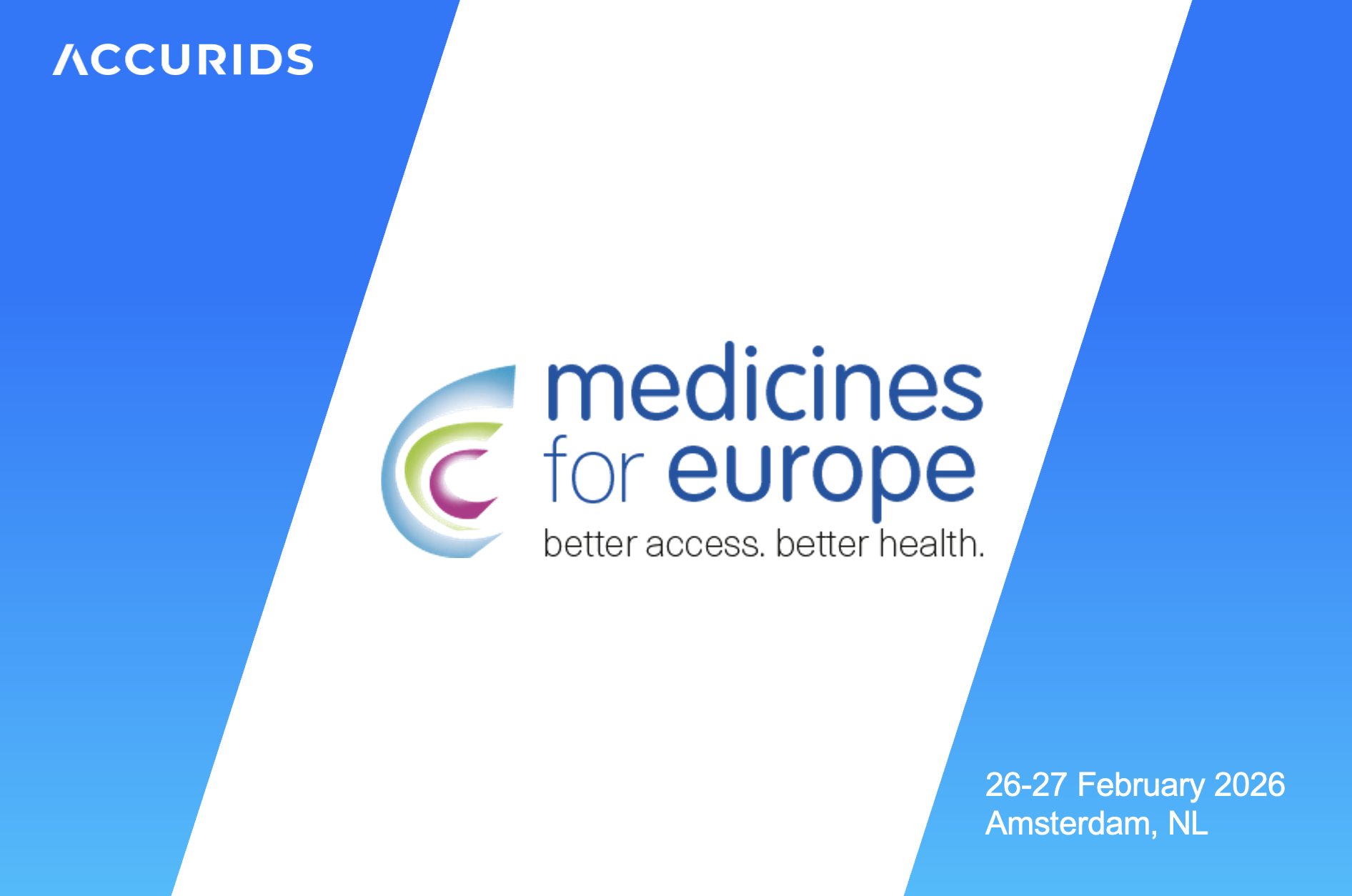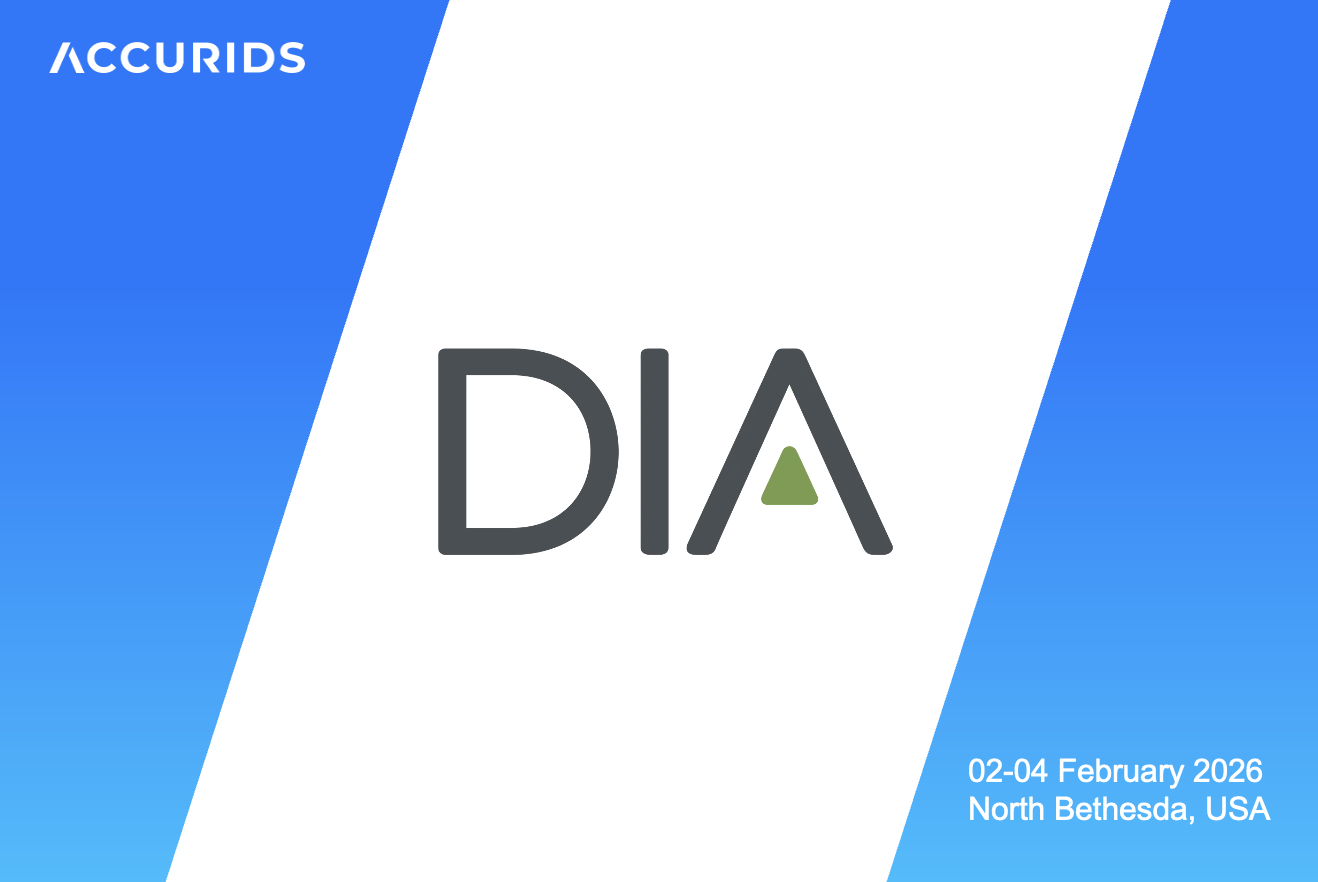Advancing Global Medicine Traceability: Collaboration at the HL7 FHIR Connectathon in Madrid
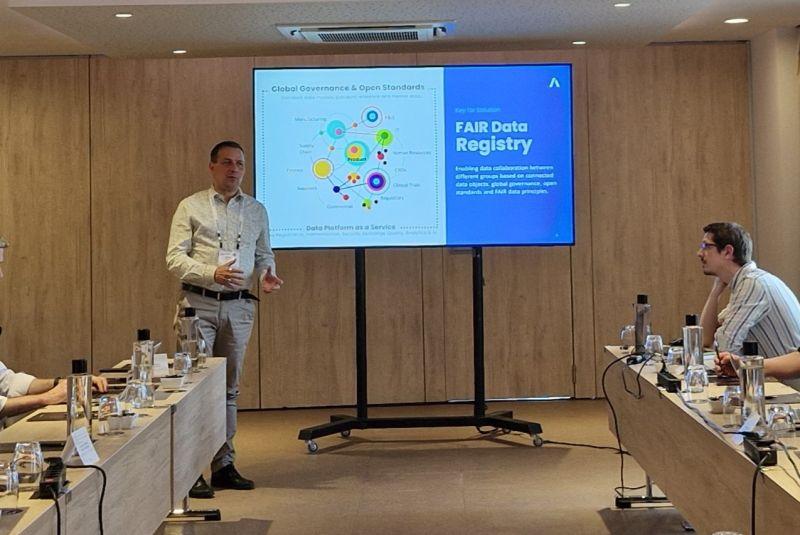
Last weekend, Raphael Sergent from our team took part in the 39th HL7 FHIR Connectathon held in Madrid, a key event bringing together experts and innovators from across the healthcare data interoperability community.
Representing our organization, Raphael Sergent collaborated closely with Magnus Wallberg and Åsa Pärnaste from the Uppsala Monitoring Centre (UMC), along with Bernd Moeske from NOMA, to advance the integration of Pharmaceutical Product Identifiers (PhPIDs) and Global Substance Identifiers (GSIDs) within the FHIR framework.
The team successfully demonstrated how these identifiers can be represented as FHIR resources and published within a FAIR-compliant Knowledge Graph, illustrating real-world applications for improved traceability of medicinal products leveraging the IDMP Ontology framework. This work supports critical use cases — from cross-border prescriptions to preventing supply shortages — contributing to a more connected and resilient global healthcare ecosystem.
The collaboration between UMC and our organization, particularly around the development of the WHODrug Knowledge Graph, continues to push the boundaries of digital health innovation. By combining standardized data models such as IDMP with open protocols like FHIR, these efforts are paving the way for a more interoperable, data-driven healthcare landscape.
Our sincere thanks go to the HL7 community and the event organizers for creating an inspiring environment to shape the future of digital medicine interoperability.
Read more
From Fragmented Data to a Unified Backbone. In Months, Not Years.
.avif)

